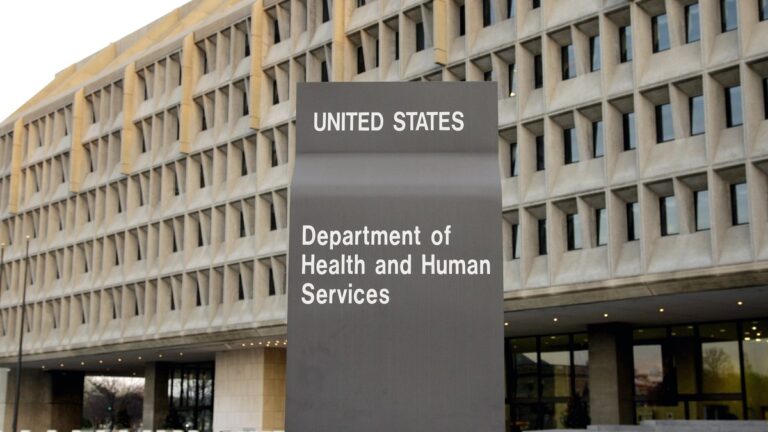In a large-scale move to advance health equity, the U.S. Department of Health and Human Services (HHS) announced the bestowing of approximately $90 million in funding to roughly 1,400 community health centers throughout the U.S., with proceeds earmarked for initiatives driving enhanced health data collection and reporting.
Announced during National Health Center Week, the funding has numerous implications for reducing health disparities among historically underrepresented populations. First, more than 30 million individuals are served by community health centers, often from traditionally marginalized communities. By funding these health centers, individuals and families they serve will become beneficiaries of improved resources and healthcare. Moreover, the initiative is focused not only on elevating patient health outcomes from better data at the health centers, but it also will infuse strong data into community health center systems relating to social determinants of health.
Community health centers such as those receiving this funding provide healthcare services for about twenty percent of residents in rural areas and approximately nine percent of U.S. individuals overall. About one-third of community health center patients also are living in poverty, while approximately two-thirds are racial or ethnic minorities. These data points highlight to an even greater extent the connection between better data and resources at these health centers and the prospects for reducing health inequities among underrepresented populations.
Additional information about this funding award can be found here, and an interactive map of the awardees by state can be viewed here.


